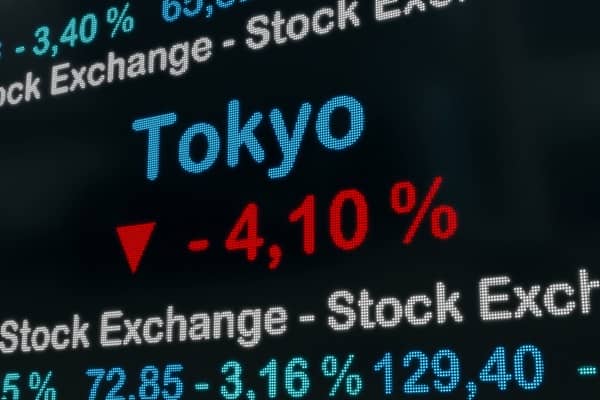Bussiness
Japan’s inflation eases to 2.7% as risks remain

The Japanese yen experienced a slight rebound early today after traders reacted to geopolitical developments in the Middle East before returning near its recent lows as tensions abated to a certain extent.
Traders now await further indications following remarks from Bank of Japan Governor Kazuo Ueda, who recently suggested that the central bank (BOJ) might consider raising interest rates if the yen’s weakness persists and leads to sustained price hikes due to increased import costs.
The BOJ’s upcoming quarterly growth and price projections, set to be unveiled at its next policy meeting, will shed light on how the yen’s depreciation has impacted the economy.
Japan’s annual inflation rate went down to 2.7% in March from February’s 2.8%. However, inflationary pressures remain present globally, prompting central banks around the world to reassess their policy stances.
The previously expected rate cuts by the Federal Reserve are now uncertain. As a result, US treasuries yields could continue to rise. Concerns about currency depreciation have prompted Japan’s finance minister to engage in discussions with counterparts from the US and South Korea, with the G7 expected to address FX volatility.
The Japanese currency faces ongoing pressure from a strengthening dollar, complicating the country’s monetary policy decisions. Focus now turns to next week’s PMI data, where softer data could weaken the yen although risks of intervention remain.










